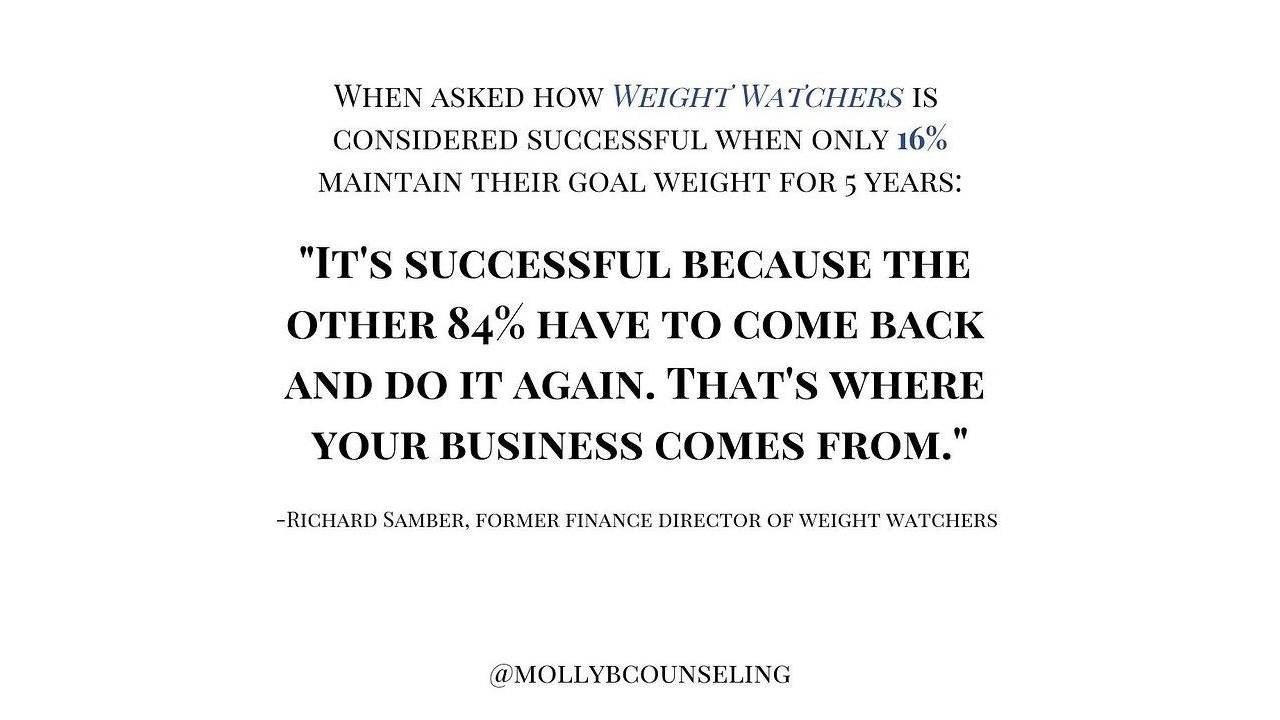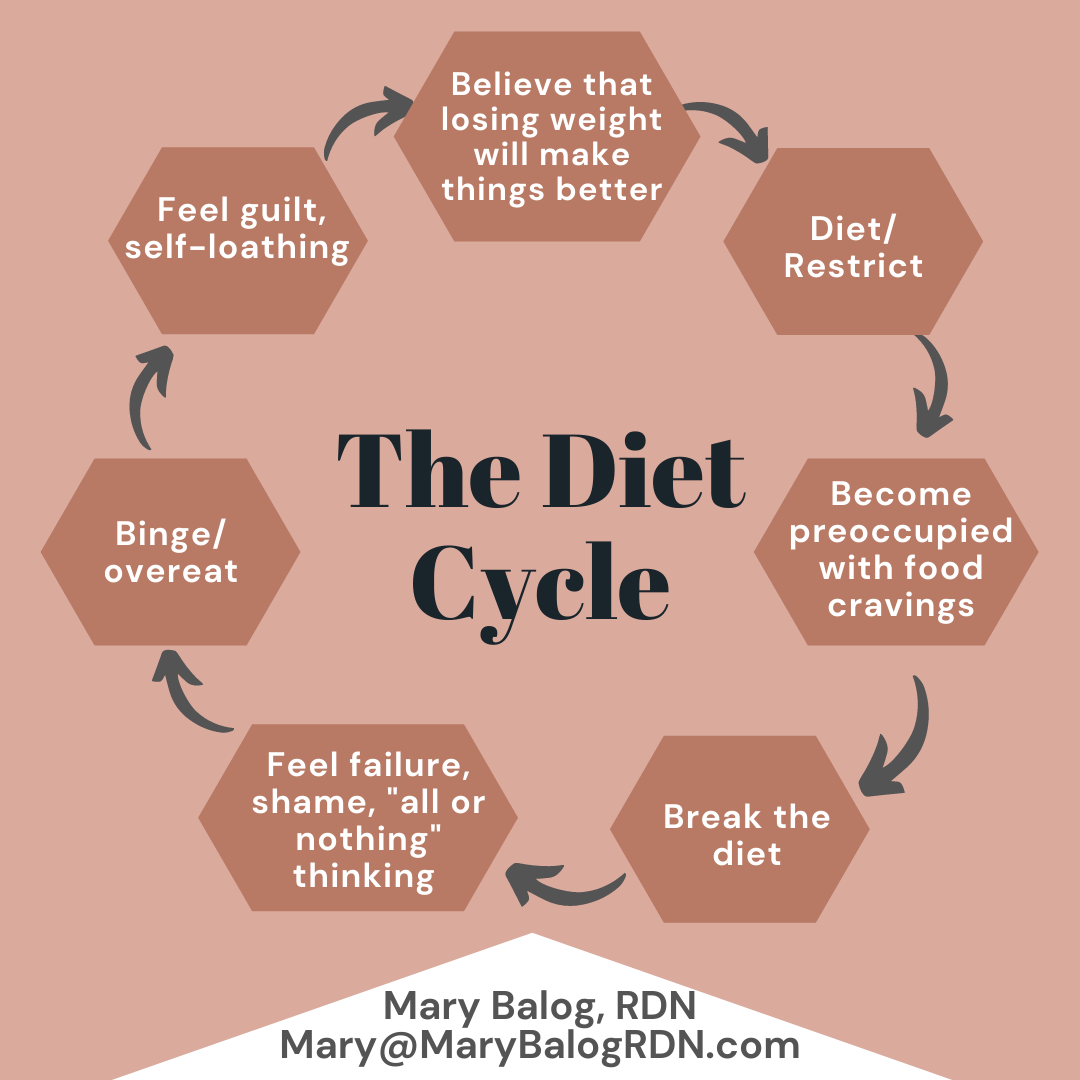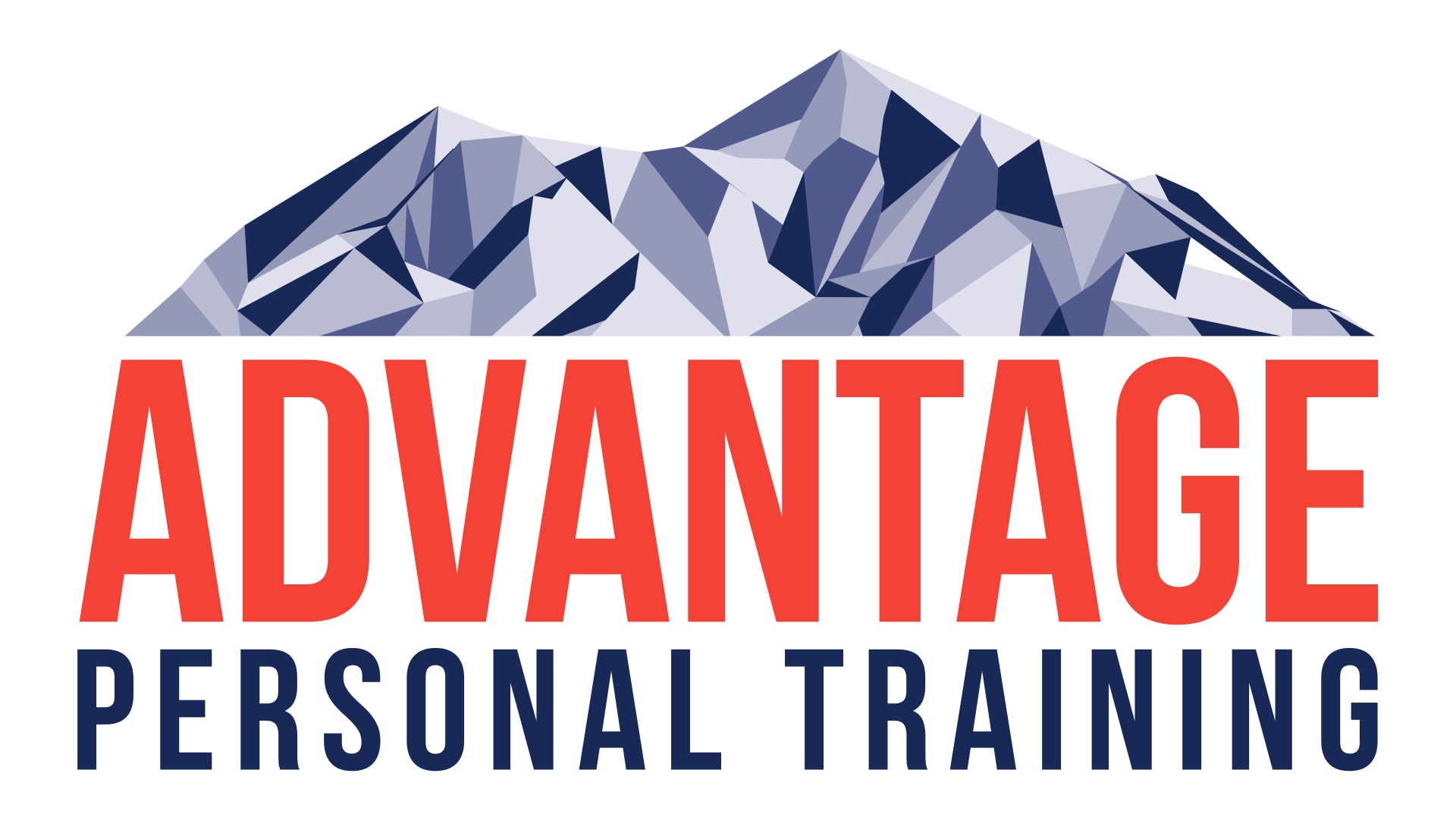Youth Development is a Crock Pot
Have you ever put a tough, unruly piece of meat in the crock pot in the morning then come home after work to find something delicious? You get a perfectly cooked roast, ready after hours of slow cooking on low heat and minimal pressure.
Do you think you could get the same results by cranking the grill up to high and blasting away all day?
Many of us know too much time at high heat and pressure will turn most meals into charcoal, but we don’t take that lesson into other parts of life we want to improve. Unfortunately, the youth sports scene these days is more like the grill than the crock pot. Excessive pressure to perform and seasons that now take up 10 months of the calendar are creating rates of youth sports injuries and burnout like we have never seen. National youth tournaments like the Little League World Series essentially treat 10 year old kids like professional athletes. In Mark Hyman’s Until It Hurts the author explores the current trends for both children and parents in competitive youth sports. He sheds light on the increased number of concussions, ACL tears, and Tommy John surgeries for youth athletes in the last decade, and addresses the potentially hazardous practice of early sport specialization. The overall message is that parents and coaches of youth athletes should realize the role of youth athletics; to gain general and specific athletic skills, create complete neural circuits, and build a solid foundation of athletic confidence, not to treat kids like professionals (this summary is mine, not Hyman’s).
Athletic development should be a slow cooking process. Just like anything that is done well, it demands time and consistent effort to make steady improvements. There are no quick fixes in youth development. Kids from the ages of 8-12 should be exposed to many different athletic skills and encouraged to explore different sports and activities so they can fully develop a wide range of neural circuits. Skills like balance, hand-eye coordination, reaction time, and aerobic conditioning are especially sensitive to training during these ages. These are all attributes that form the physiological and neurological base of high performance athletics, so they must be developed in this window of opportunity. Kids who take part in high intensity training or, worse yet, try to specialize in a single sport at a young age miss out on the chance to develop a complete and well-rounded base of fundamental skills, and their future athletic performance will likely suffer because of it.
Take the time to establish your child’s athletic potential. Let them explore foundational movements like crawling, running, jumping, and climbing. Let them play tag, dodgeball, and catch. Let them balance on balance beams, run obstacle courses, and swing from monkey bars. Allowing kids to explore their own movement in a playful, low intensity environment develops confidence with “little wins” and establishes a love of competition. It is this foundation that prepares them for training challenges in the future. If you can be patient and slow cook your child’s athletic development, there’s a great chance you will end up with something delicious!
Be Well,
Brian
P.S. This fall, we are putting this philosophy into action as we introduce our Foundational Strength Program for kids ages 8-12. Hope the kids can join us!




Advantage Personal Training is an Ann Arbor based Family Oriented Gym, focusing on the training needs of individuals, small groups and youth athletes. Meet with a results-oriented personal trainer and put yourself on the path to a more active life!
SERVICES
CONTACT INFORMATION
Hours of Operation
Mon to Fri: 6:00 AM - 8:30 PM
Sat: 8:30 AM - 12:30 PM
Sun: CLOSED
All Rights Reserved | Advantage Personal Training

